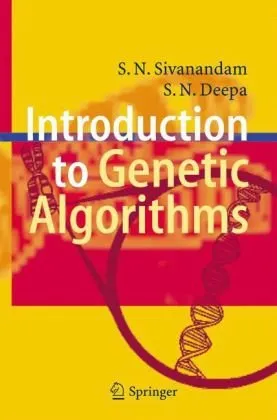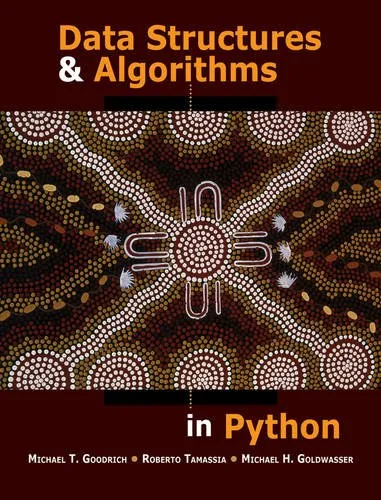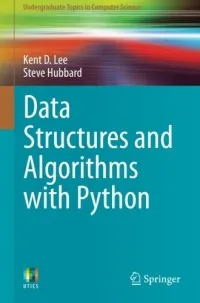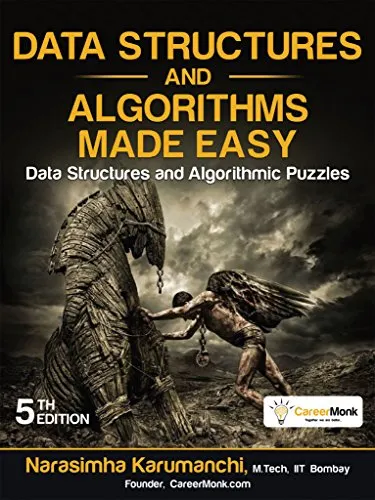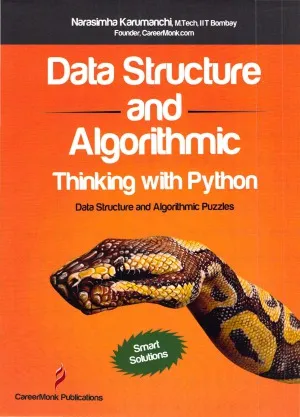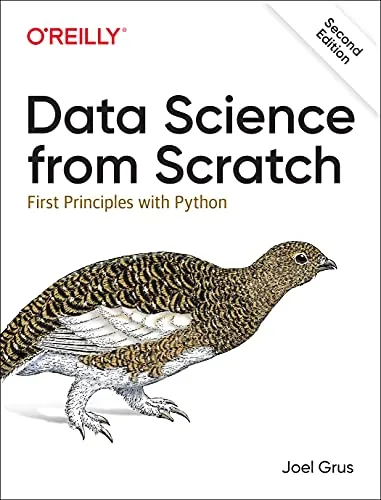Foundations of Technical Analysis: Computational Algorithms, Statistical Inference, and Empirical Implementation
4.5
Reviews from our users

You Can Ask your questions from this book's AI after Login
Each download or ask from book AI costs 2 points. To earn more free points, please visit the Points Guide Page and complete some valuable actions.Related Refrences:
Introduction
Welcome to Foundations of Technical Analysis: Computational Algorithms, Statistical Inference, and Empirical Implementation, a book that explores the rigorous underpinnings of technical analysis, blending computational insights, statistical methods, and real-world implementation. Written by Andrew W. Lo, this groundbreaking work paves the way for a robust scientific framework to explore and validate the methods long employed by financial market practitioners.
If you've ever wondered how centuries-old chart patterns, price indicators, and market behavior forecasting strategies stand up to the scrutiny of modern computational and statistical tools, this book serves as your definitive guide. It delves into the technical analysis of financial markets and bridges the gap between traditional chartist methodologies and contemporary econometric techniques, offering both the theoretical foundations and the practical implementations necessary to turn technical analysis into a sophisticated decision-making process.
Detailed Summary of the Book
At its core, Foundations of Technical Analysis investigates the efficacy of traditional technical analysis approaches using a computational and empirical lens. By developing a robust statistical framework, the book evaluates age-old methods like trendlines, moving averages, and oscillators to determine their validity under modern standards of proof.
The book begins with a historical perspective of technical analysis, explaining its origins, evolution, and role in the world of financial markets. Moving forward, it establishes the need to supplement intuition-based tools with rigorous computational algorithms—building a concrete foundation for evaluating the predictive value of these tools.
Lo also develops new algorithms tailored to assess the success of chart pattern recognition, introduces performance evaluation measures for time-series patterns, and provides a detailed statistical inference process to validate these models. The book addresses common criticisms of technical analysis and systematically counters them by demonstrating statistical and empirical results that suggest the adaptive efficiency of financial markets.
Finally, the work discusses real-world implementation challenges and offers practical suggestions for integrating technical analysis methodologies into modern trading strategies. The inclusion of computational techniques ensures that the models are adaptable, scalable, and effective for real-time decision-making.
Key Takeaways
- The book builds a robust computational and statistical framework to validate the principles of technical analysis.
- It emphasizes integrating traditional technical analysis tools with advanced econometric and data-driven strategies.
- Provides new methodologies to test the predictive power of pattern-recognition techniques in financial markets.
- Delivers actionable insights for traders, quantitative analysts, and academics to bridge chartist methods with modern computation.
- Explores the critique of technical analysis and demonstrates empirical evidence that supports its application in adaptive markets.
Famous Quotes from the Book
"Technical analysis is not a contradiction to modern finance; it is a natural extension of it."
"The patterns that technical analysts identify are not immutable laws but rather outcomes of evolving investor behavior and market dynamics."
"By applying computational algorithms and statistical inference, we can systematically evaluate the validity and utility of technical analysis."
Why This Book Matters
The relevance of Foundations of Technical Analysis lies in its rigorous approach to a subject often dismissed as purely speculative. While technical analysis has long held a divisive position in the financial industry, this book elevates its stature by subjecting it to the rigorous scrutiny of computational finance and modern statistical analysis. By doing so, it provides a twofold contribution: reinforcing the validity of technical analysis in adaptive markets while also laying out its limitations.
For academics, the book serves as a cornerstone for ongoing quantitative and empirical research, offering a framework to systematically study market behavior. Traders and practitioners will find the insights actionable, discovering ways to integrate classical techniques with algorithmic tools for improved trading performance. The interdisciplinary nature of the book makes it equally valuable for data scientists and AI researchers who are venturing into financial markets.
Ultimately, this book matters because it transforms technical analysis into more than just an art—it establishes it as a science. For anyone passionate about trading, market dynamics, or financial engineering, Foundations of Technical Analysis: Computational Algorithms, Statistical Inference, and Empirical Implementation is not just a book; it is a roadmap to understanding and innovating within the world of modern finance.
Free Direct Download
You Can Download this book after Login
Accessing books through legal platforms and public libraries not only supports the rights of authors and publishers but also contributes to the sustainability of reading culture. Before downloading, please take a moment to consider these options.
Find this book on other platforms:
WorldCat helps you find books in libraries worldwide.
See ratings, reviews, and discussions on Goodreads.
Find and buy rare or used books on AbeBooks.
1276
بازدید4.5
امتیاز0
نظر98%
رضایتReviews:
4.5
Based on 0 users review
Questions & Answers
Ask questions about this book or help others by answering
No questions yet. Be the first to ask!

